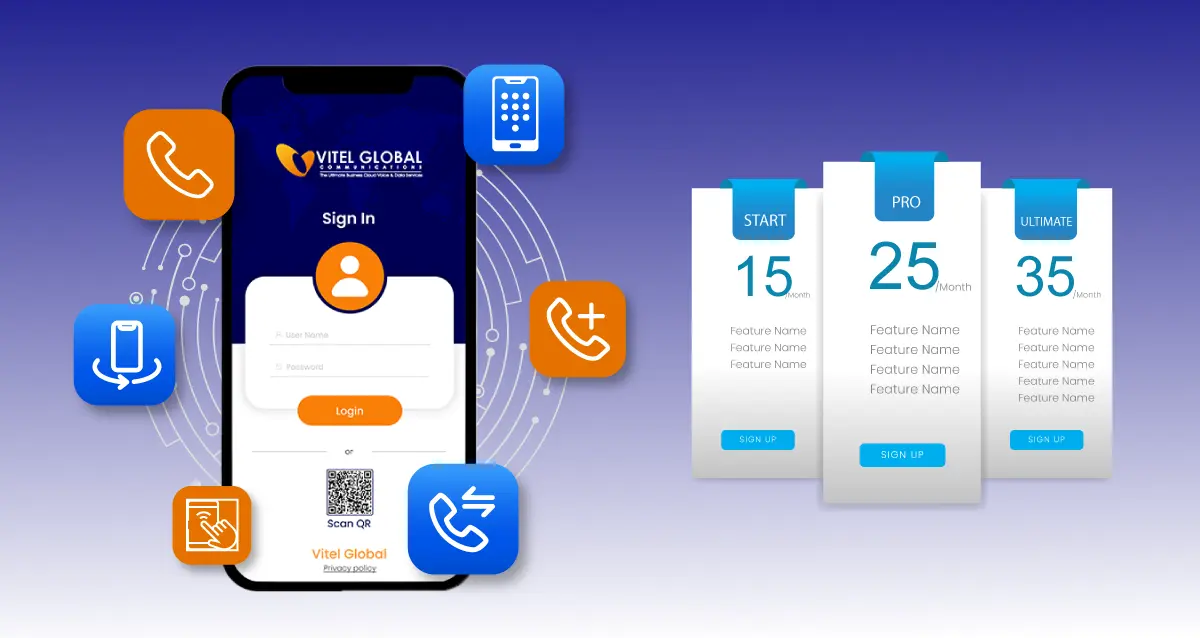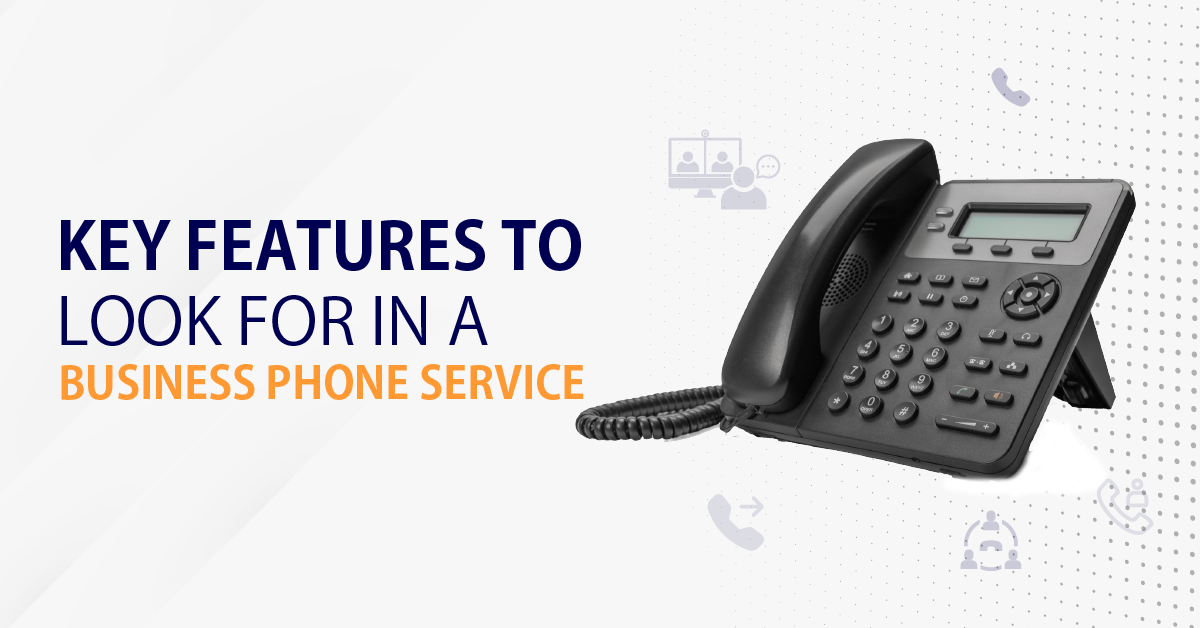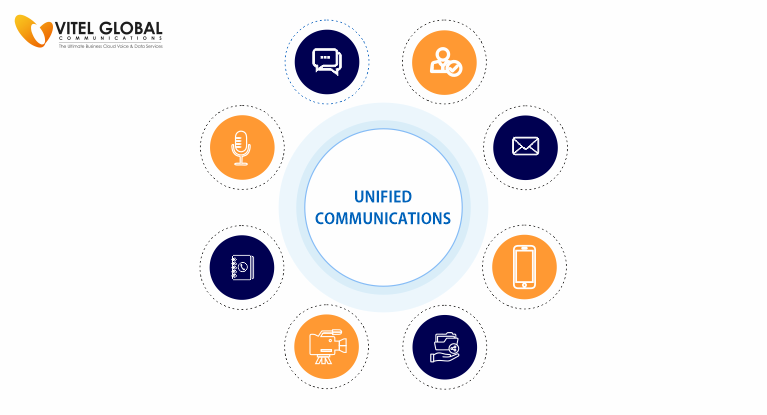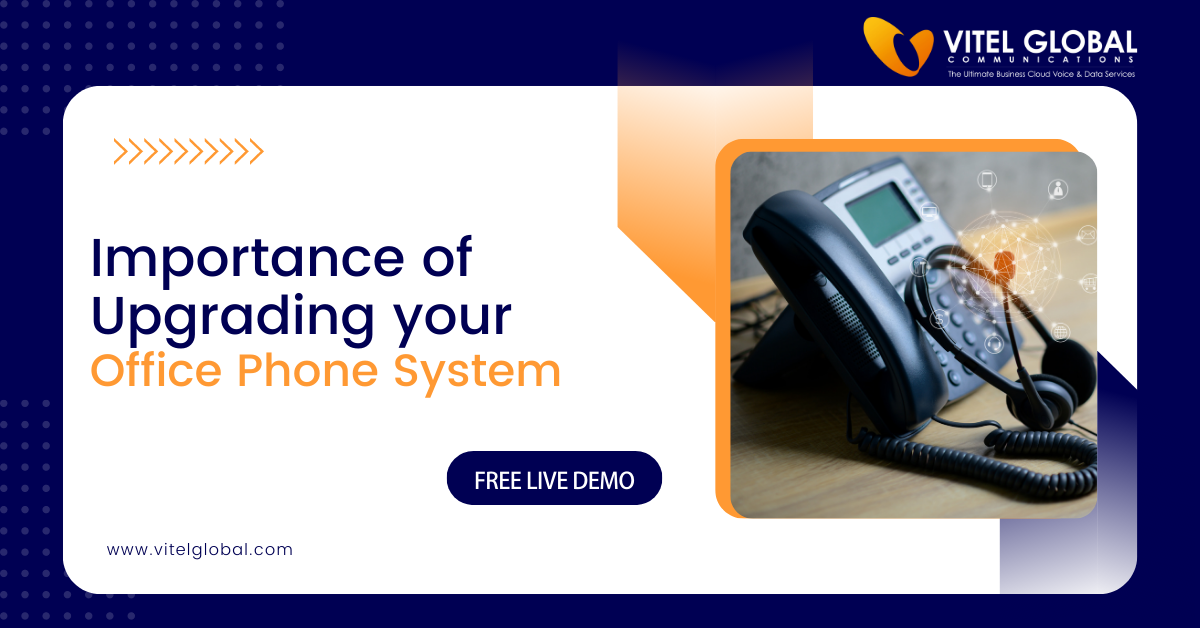How to Choose the Right Business Phone System
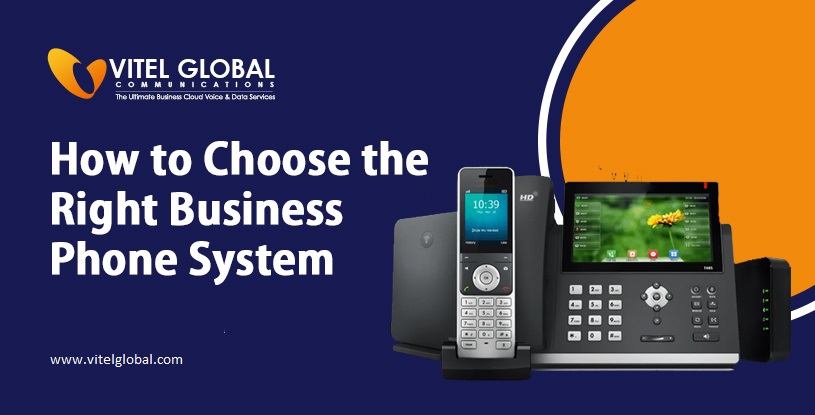
7 min read
Choosing the right business phone system is important. You want a system that will allow your team to quickly and easily communicate with each other. You will also need a feature like automatic call forwarding.
Let’s get started with what you need to make an educated decision about your business phone system. First off, do you have more than one team member? Then it may be best for each person’s needs if they have their own line. If you have only one team member or if everyone on your team can share one phone line with no trouble then a shared business phone line may be all you need.
If you’re going to need advanced Business Phone Features like these, look for a VoIP network that supports these kinds of features and services. Or if you’re looking for a simpler phone system, consider the best cloud pbx for small businesses.
Another thing to consider is the type of business you are running. Do you have call centers where lots of people are making calls or do most of your customers call in? What about special needs customers like the hearing impaired or people with speech impediments? If so, then it might be a good idea to invest in a business phone system that offers features like a virtual receptionist and/or text-to-speech capabilities.
What is VoIP?
VoIP stands for voice over internet protocol, also called IP telephony. It is a process of delivering voice communications over the Internet. VoIP converts analog voice signals to digital signals using the internet. This technology is becoming popular day by day because of the many benefits and advantages delivered by the VoIP phone system. The VoIP phone system has become a remarkably successful communication tool in diversified business areas.
Types of VoIP Phones
There are two types of VoIP phones which can be set up for your business communications requirements
Hard phones
Hard phones are like traditional phone systems which can be set up on your desk and can be used for
-
- Access voicemail
- Forward calls
- Uses handsets, Bluetooth, headsets, and speakerphones
- Arrange conference calls
- Call Blocking
Soft Phones
Softphones mean making calls through apps installed on your computer, device, tablet, or mobile phone.
VoIP Working Process
The VoIP phone system implements packet switching technology that converts analog voice signals into digital signals or voice over the internet.
- When a VoIP phone receives a digital signal from another VoIP phone, it classifies the digital data into information packets by putting the destination address on each data packet.
- After the router receives data, it reaches the destination using the shortest path.
- The data packets are converted again into voice or sound at the receiving side by putting the data packets in the correct order.
Pros to look for:
Choosing the right business phone system is crucial for maintaining effective unified communications service providers within your organization and with clients. Here are steps to help you make an informed decision:
1. Assess Your Business Needs
What type of business are you running? If you aren’t sure, ask yourself. What types of people regularly make it to your office? Are they the ones who are on your daily schedule? If not, is there someone else who will do this for you? Do you have clients that will need to reach out to your staff regularly? Is there special training that needs to be done or an important report prepared for your supervisor?
2. Evaluate the Phone Options
Business phone systems are better suited for small businesses while others work best with large ones. Research each of these systems to see which one meets your needs and is within your available budget.
3. Evaluate Your Needs
Pay special attention to the features that you need. A business phone system should allow you to easily conduct business even if you’re not in the office, receive calls from clients schedule appointments quickly and easily, and provide voicemail capabilities.
4. Understand Different Phone System Types
Analog phone system: Analog systems provide basic features, but are generally outdated and not scalable.
Digital phone system: Businesses with a moderate call volume choose digital systems for their affordability, functionality, flexibility, and mobility. An integrated PBX phone system includes Business Phone Features such as voicemail/text-to-speech, compatibility with mobile devices, call forwarding, and conferencing. IP PBX is the most advanced technology available for businesses that have a high call volume or require advanced capabilities like voicemail to email.
IP PBX phone systems can be managed remotely and include enterprise-grade scalability; multi-site failover; plus fault tolerance options to keep your organization connected in the event of a network outage.
Analog systems are less expensive than digital, primarily due to their decreased call capacity and limited feature sets. Since analog systems typically span multiple sites and are managed locally, they do not offer enterprise-grade scalability or redundancy. An analog phone system is a good option for a small business with a limited budget and low call volume.
Digital phone systems provide advanced capabilities, such as voicemail/text-to-speech, compatibility with mobile devices, call forwarding, and conferencing. With multi-site failover options, digital systems offer advanced scalability and fault tolerance that ensure your organization stays connected in the event of an outage. Some digital systems come bundled with applications for automating business processes through self-service options.
Benefits of VoIP Phone System
To choose the right VoIP phone system, one must look out for the best features integrated that make it a powerful communication tool to meet your business needs.
- No need to change the existing number you are using in the present.
- Allows parallel calls to interact with multiple users at a time.
- Provides access to many features of the VoIP phone system.
- Delivers higher audio quality.
- Crystal clear voice.
- cost savings
Cloud-hosted PBX solutions are high-cost savings as clients invest money only in the services that are required to be handled in the cloud.
Time Savings
The setup time for installation, analysis, and provision is much less compared to the traditional phone system. Time can be saved in server maintenance; up-gradation of software is easy.
New Hardware
No need for buying additional hardware as a phoning system, such as an old phone system. Can be used as it can be interfaced easily with the existing infrastructure or hardware.
Flexibility
It is very flexible as the cloud PBX system provided by top PBX providers allows anyone to connect from anywhere across the globe using a smartphone, desktop, or PC, which allows employees to work from their homes.
Advanced features
Many additional features like calling control, voice menu, time conditions, and call recordings are upgraded continuously with no additional cost and effort.
High-Quality
High-quality voice calls are delivered through cloud-hosted PBX over the internet with better compression rates and high internet speeds which are upgraded accordingly.
Scalability
It provides high scalability as it can easily scale to meet high usage capacity depending upon the user requirement related to resources.
- Real-time monitoring
- Security
We promise every business area to deliver a modernized communication platform to reach out to your clients or customers henceforth becoming successful in the market with cost-effective technology.
Every business irrespective of its size is trying to modernize its communication system by learning the commercial benefits obtained through VoIP which is very inexpensive, easy to install, and manage as it can be used from remote offices or homes and save your money.
Multiple Tasks, Single Platform
Employees can work on multiple projects linked to multiple clients into a single system that delivers a single bill thereby avoiding a monthly billing system.
Free Calls
Make free calls or internet calls on VoIP irrespective of geographic location which is the biggest saving for your organization as no need to pay additional bills for making international calls as in traditional phone systems that incur separate tariffs for international billings.
The main benefit of the VoIP phone system compared to the traditional analog phone system is its features. These are not included in the analog phone like call recording, call forwarding, and IVR as mentioned before that doesn’t incur any additional charges to the organizations.
Tie-Up with The Best VoIP Provider
We provide the best and most affordable business phone system to make and receive local to international calls at standard rates thereby reducing huge telephone bills.
No Additional Lines
If you are planning to expand your business then there is a high increase in demand for communication with the clients who reside over the boundaries.
Unified Communication
No need to have a separate communication platform for clients and businesses working from the office or from other remote locations as the teams working on a single project can communicate easily utilizing the advanced features of the VoIP business phone.
Handle Multiple Projects
Organizations can achieve high productivity by handling multiple projects. They can meet the deadlines on or before time as you need not handle separate networks for voice and data.
Invest in the VoIP Of Your Choice
Organizations can implement hosted VoIP or premise VoIP systems. Where you require an in-house expert to maintain the premise VoIP phone system. Hosted VoIP service provider takes complete responsibility for managing the VoIP calls on a monthly or annual basis.
We suggest the organizations go for a hosted VoIP provider as it is reliable, cost-effective, and easy to set up and manage.
Understand Different Phone System Types
Traditional PBX
A private branch exchange is a dedicated phone system that’s often located in a company’s central office. It uses internal, private lines to connect employees and clients. The PBX is often connected to the public network through a service provider. This arrangement offers high security, scalability, and consistent call quality.
High-Speed Internet Telephony
In place of traditional phone lines, businesses can convert existing broadband Internet connections into telephone systems using Voice over IP. Not only do VoIP systems eliminate the cost of maintaining physical phone lines, but they are more secure than traditional systems and allow greater scalability as the business grows.
Budget Considerations
Understand vendor costs. Understand upfront and ongoing costs, including fees for calling features. Calculate your total cost of ownership (TCO). Consider the costs associated with hardware, software, maintenance, and other variables.
Find the right balance of quality and performance. Look for a system that offers adequate bandwidth to support your business.
Customer Service Training
An inbound call center is a cost-effective tool that allows companies to maintain personalized contact with clients by handling customer inquiries via telephone, email, or FAX. By outsourcing this function, companies can increase their productivity while cutting operating costs by reducing customer contact staff in their organization.
Caller ID and voicemail
Having a large team of people making calls within your company means that you need to be prepared for incoming calls and voicemails. Caller ID is an important feature in the business world. As it allows you to easily see who is calling before you answer it. Also if someone leaves a voicemail they will want to know who left it so that they can call back later. Look for a system that allows you to have multiple lines, so employees can choose which number goes with their voice mailbox. You may also want to look for a system that can be set up to have the caller ID and voicemail at the same time for your employees to quickly check who is calling.
Call Waiting and Call Forwarding
If you are going to have multiple lines for everyone in your office, you may want to consider a business phone system that allows call waiting. This allows people who are on the phone when another call comes in, to immediately transfer over to whoever is calling. This helps prevent more calls from interrupting each other.
Conclusion
A call center comes into existence to correspond with the goal, reason, and objective for existing or for that particular business. The primary purpose of a call center is to carry out a variety of operations and centralize the calls made to the different departments in a company. This makes handling customer queries faster without compromising on quality.
By following these steps and considering your unique business needs. You can choose the right small business phone service that enhances communication, productivity, and overall efficiency within your organization.
Simplify Your Business Communication. Try Our Phone Service Now!
Choose the Right Business Phone System
Published: November 3rd, 2021
Subscribe to Our Latest Updates
Get monthly product and feature updates, the latest industry news, and more!

